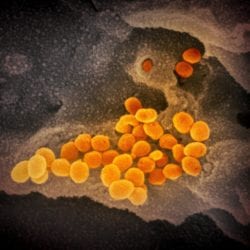Transplants

Determining the likelihood of a patient’s body accepting or rejecting an organ is a crucial element of pre-surgical organ transplant testing. Human leukocyte antigen (HLA) typing is used to match transplant recipients with compatible donors as well as to test compatibility with a known donor. With solid organ transplants – such as heart, liver, kidney, and pancreas – low resolution HLA typing is utilized. It is also used to perform an initial match between a stem cell recipient and a possible donor. However, once a possible stem cell donor-recipient match has been made, these transplants require high resolution HLA typing of both participants so that a DNA-level match can be verified. At Texas Medical Specialty, our testing techniques and innovative equipment allow for fast and remarkably accurate testing to determine the likelihood of an organ transplant success.
Another type of organ transplant testing is HLA antibody identification, which screen the transplant recipient for antibodies that would result in an immune response against the donated organ. It is vital that HLA typing and antibody identification both be performed to ensure a low likelihood of rejection. With stem cell transplants, an additional type of organ transplant testing is required. Killer Immunoglobulin Receptor (KIR) typing is also performed to prevent donor-recipient KIR molecule mismatching, which could lead to NK cell activity inhibition.
If you have any questions pertaining to our organ / stem cell transplantation testing or if you would like to discuss your testing needs, please contact our laboratory at 972-566-5761 today.

